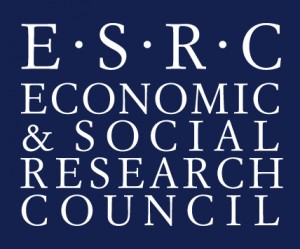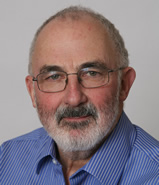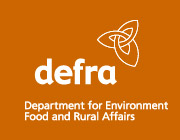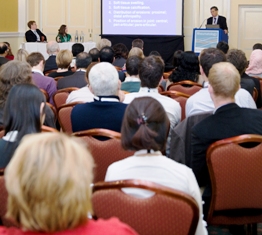
The Nuffield Foundation, the Economic and Social Research Council (ESRC) and the Higher Education Funding Council for England (HEFCE) are launching a £15.5 million funding programme in October 2012 aimed at promoting a step-change in quantitative methods training for UK social science undergraduates.
This 5-year programme will fund the creation of a network of up to 15 Quantitative Methods Centres to develop new approaches aimed at embedding the acquisition and application of quantitative skills to substantive issues in disciplines across the UK social science undergraduate curricula.
Centres will be able to apply for funding of up to £350k per year to develop and deliver a wide range of fundable training activities, including bursaries for students attending holiday courses or in relevant work placements, recruitment of new staff and the development of new courses and pathways to careers requiring skills in quantitative methods.
Centres are expected to be within single Higher Education Institutions, with limited scope for any consortia arrangements. Single departments or groups of departments within an Institution may apply, but only one application per Higher Education Institution will be allowed.
We expect that competition for funds will be intense. Applying Institutions should therefore already have demonstrable expertise in and commitment to developing quantitative skills in the social sciences.
More information about the programme can be found on the Nuffield Foundation website www.nuffieldfoundation.org from October 15th. They will also be holding two launch events in London and Manchester to present this initiative:
Friday 19th October @ 11.00am British Academy, London
Thursday 8th November @ 11.15am Manchester University
If you are interested in applying, they hope that you will be able to attend one of these events. This is an open invitation, but all who wish to attend must register so that they can plan for numbers. Initially, no more than 2 attendees per HEI, but if they have room they would be happy to allow more.
If you would like to attend, please RSVP by e-mail using the attached form to QMEnquiries@nuffieldfoundation.org by Monday 8th October. They will send further information about the events to registered attendees.















 Engineering and Physical Sciences Research Challenges in Geological Storage for CCS (PDF 88KB)
Engineering and Physical Sciences Research Challenges in Geological Storage for CCS (PDF 88KB)













 Beyond Academia: Exploring Career Options for Early Career Researchers – Online Workshop
Beyond Academia: Exploring Career Options for Early Career Researchers – Online Workshop UKCGE Recognised Research Supervision Programme: Deadline Approaching
UKCGE Recognised Research Supervision Programme: Deadline Approaching SPROUT: From Sustainable Research to Sustainable Research Lives
SPROUT: From Sustainable Research to Sustainable Research Lives BRIAN upgrade and new look
BRIAN upgrade and new look Seeing the fruits of your labour in Bangladesh
Seeing the fruits of your labour in Bangladesh ECR Funding Open Call: Research Culture & Community Grant – Apply now
ECR Funding Open Call: Research Culture & Community Grant – Apply now ECR Funding Open Call: Research Culture & Community Grant – Application Deadline Friday 12 December
ECR Funding Open Call: Research Culture & Community Grant – Application Deadline Friday 12 December MSCA Postdoctoral Fellowships 2025 Call
MSCA Postdoctoral Fellowships 2025 Call ERC Advanced Grant 2025 Webinar
ERC Advanced Grant 2025 Webinar Update on UKRO services
Update on UKRO services European research project exploring use of ‘virtual twins’ to better manage metabolic associated fatty liver disease
European research project exploring use of ‘virtual twins’ to better manage metabolic associated fatty liver disease